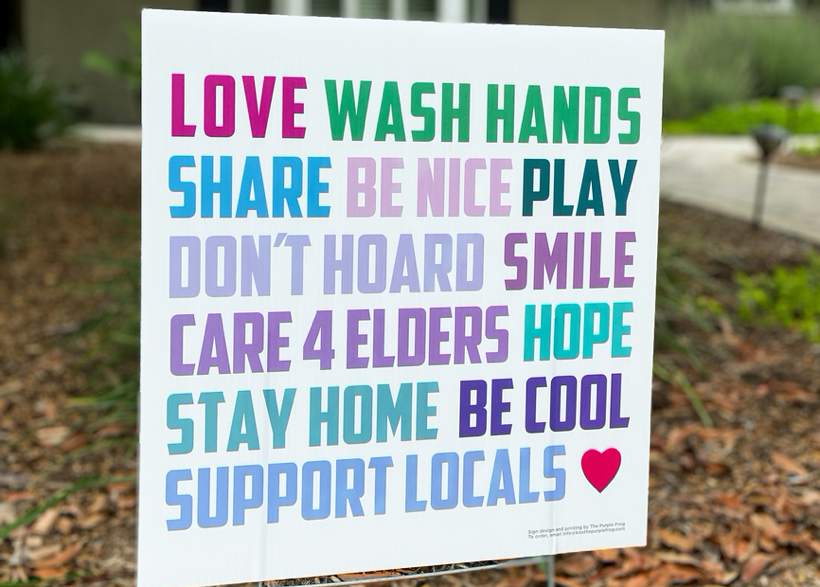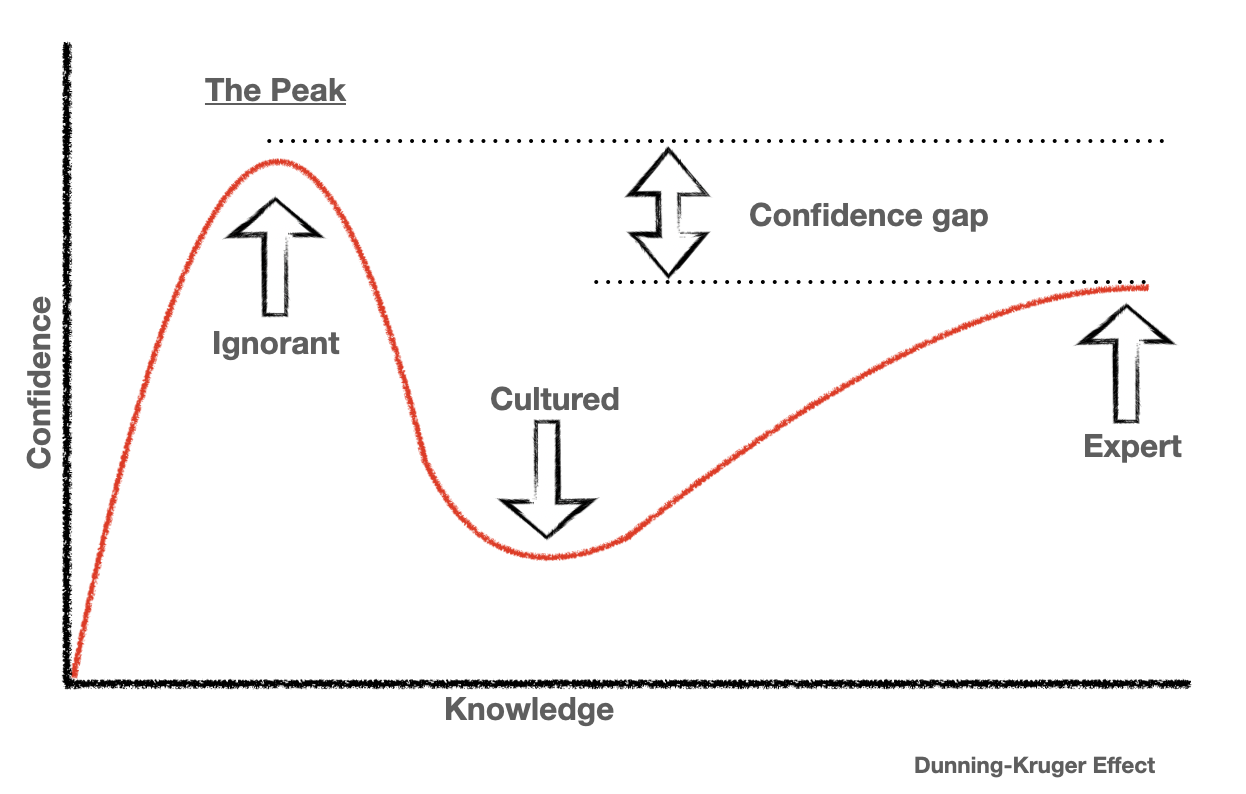The festive season is a time where we enjoy the small things that provide us comfort; in London, it may be seeing the Oxford Street Christmas lights, the magnificently opulent tree display inside St. Pancras Station, the mulled wine and roast sandwiches lined up in Borough Market, and of course, the much loved (and missed) Winter Wonderland in Hyde Park.
Although some may baulk at these spectacles stating that they are no more than ‘tourist attractions’ all are a sign that the end of the year is fast approaching, and a small reminder of life as we knew it.
Moreover, it has been a year of tests, mental and physically - 2020 has taken its toll on many of us. At tomato pay, we’re mindful that we have been lucky in comparison to others who may be worse off, and will use the holiday period to reflect on the last year, and what it has brought upon us. Thankfully we can start the ritual of new beginnings in January, even though it will be a change from what many of us are used to.
Looking back, this festive period will look and feel a lot different than last year, not just for us but especially for small businesses and sole traders.
The streets are quieter, shops are not getting as much footfall as previous years putting much-loved local businesses, and the communities who rely on them, at risk. Plus, as bank branches close at an alarming rate with the digitisation of these services rapidly making headway, it’s another reason for everyone to consider those who are financially-vulnerable, and who may not have access to services and much-needed products due to the decline of our beloved high streets.
Economically, as the majority of the UK sits in limbo between Tier 2 and Tier 3 during the holiday period, we must ask, how do we as a nation ensure that our local small businesses are kept afloat and that financial services remain inclusive for the majority, not the minority of people to prosper?
Since mid-March, when we were firmly into our first lockdown, small businesses and sole traders began to see a huge impact to their sales, especially those with brick and mortar premises (independent shops, restaurants, cafes), those with complex manufacturing processes (liquor brands, electrical goods etc), and those who were unable to carry out their services due to the strict lockdown and social distancing rules (hairdressers, nail technicians).
Despite government initiatives such as CBILS, BBLS and the Future Fund, none of these unprecedented schemes will support the businesses enough at the current rate. In recent months, Excluded UK, started an initiative asking for fairness and parity, giving a voice to those excluded from government support. Furthermore, they advocated against the narrative used by the Chancellor that people excluded from support are somehow related to fraud.
It’s safe to say that the pandemic has affected each of us incomparably. It’s been a messy nine months, and the figures show that too.
One-fifth of businesses are now expected to default on loans and cut down on staff to save money. If revenue remains the same throughout the course of the year and into 2021, it is expected that 55% of SMEs could shut by September 2021.
During the pandemic, almost 40% of UK businesses felt that they were unable to continue their growth initiatives. The majority of businesses affected were within the arts, culture, entertainment and recreational sectors.
As the pandemic continues, we as individuals can do more to support our local small businesses. However, it is understandable that this may be hard due to the nature of saving money.
It is known that corner shops and independent small businesses are already competing with the larger businesses who can afford to slash prices down to practically nothing. For small businesses, this revenue is their livelihood and coupled with expensive payments costs and consistently dealing with late payments, business owners don’t have it easy.
However it’s not all doom and gloom for small businesses
- Even though the UK economy rebounded from the recession that took place in July to September, there were signs of a slowdown in growth at the end of the three months. Growth of 15.5% in July to September was the biggest on record, according to the Office for National Statistics (ONS).
- UK spending has already bounced back and has exceeded last year’s level of spending for the first time since the first lockdown according to the Financial Times.
- Never underestimate the power of online shopping. ONS reported a 70% increase in online sales in August 2020 compared to pre-COVID levels.
- According to a survey of over 300 UK SMEs conducted by Starling Bank and the Great British Entrepreneur Awards (GBEA), 68% of small to medium-sized businesses believe they will return to pre-Covid levels of success in early 2021.
- The community has never been more important than it is now. Independent shops are set for a £3.5 billion spending boost as Brits shop local this Christmas according to Starling Bank.
- Payments have come a long way to ensure that small businesses keep as much of their hard-earned revenue as possible. One example is a solution built on top of our API suite. You can get yourself on the waitlist here.
Despite the gradual return to some sort of normality, we’re optimistic that 2021 will be much brighter. The excitement across the industry for a new payments revolution is obvious. The way we all make payments was a topic of a great discussion this year - you couldn’t miss it on the industry panels, or in the headlines. Covid-19 or not, payments were due to have a facelift. If we make two predictions for next year, it’s this: 2021 will be memorable for account-to-account payments, putting money directly back into a business owner’s bank account; and this will be a result from decades of small businesses raising concerns about their financial services and products. Now on a mainstream level, small business owners are finally being heard.
Community has never been as important as it is today, and watching the business and sole trader community struggle throughout the past year has spurred us on to take a more community-led approach to our business.
tomato pay is a simple, QR-code based payments and invoice app powered by Open Banking and built on our tomato pay API platform which offers both AIS and PIS capabilities.
Businesses and sole traders can benefit from our low-cost QR-code payments solution with no hidden fees, which saves them money compared to their current payment systems, gives them instant access to their money as cash settlement happens almost immediately, and access to all of their bank accounts in one place.
Businesses and sole traders can benefit from our quick and easy invoice solution. Invoices can be created within the app, with the option to give discounts and late penalties (pre-built into the app using gamification and behavioural science) and send nudges to remind customers and clients to pay. Plus, as you connect your bank account, payments are embedded within the app - so no need to give your bank details, and receive money owed instantly into your account.
Everyone can support their local communities thrive by paying their neighbourhood businesses in a cashless, hassle-free way.






